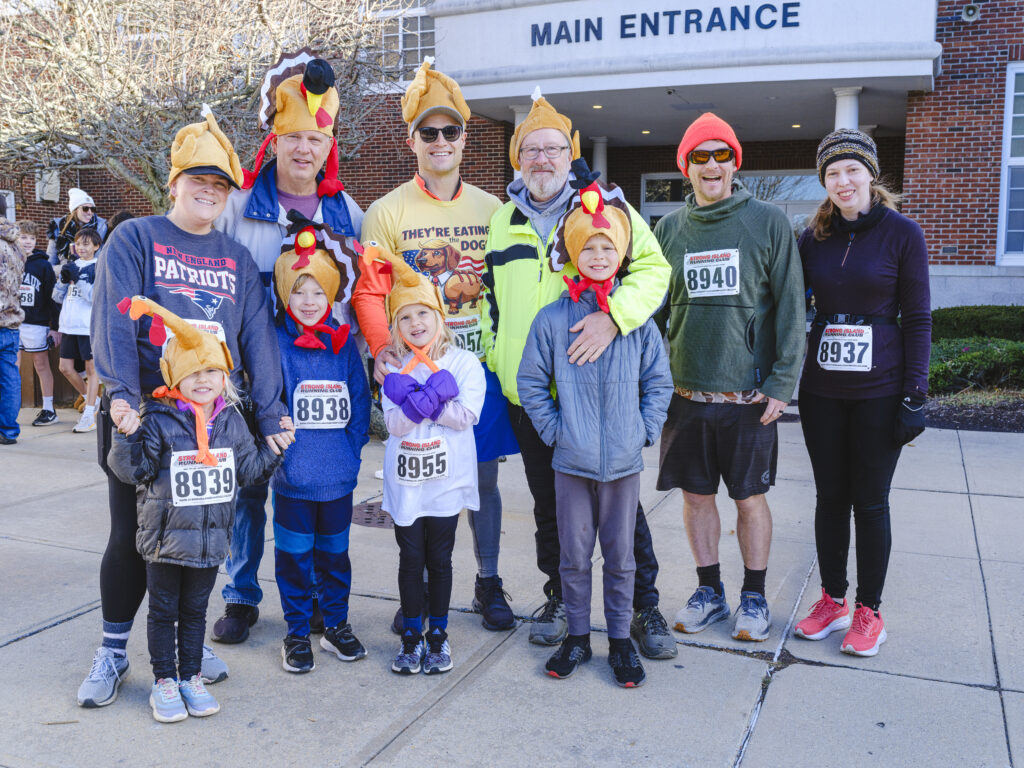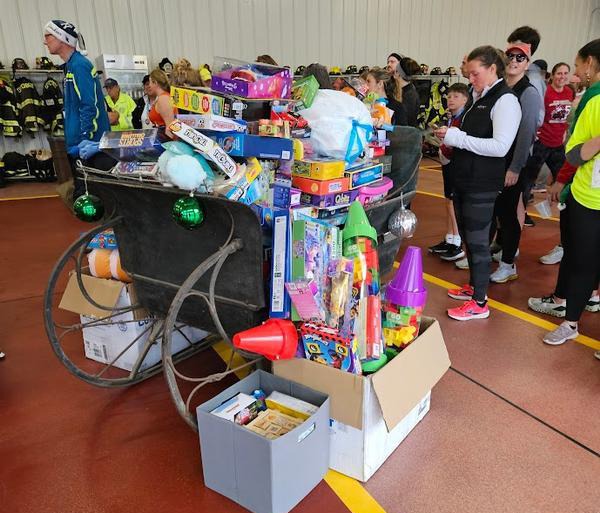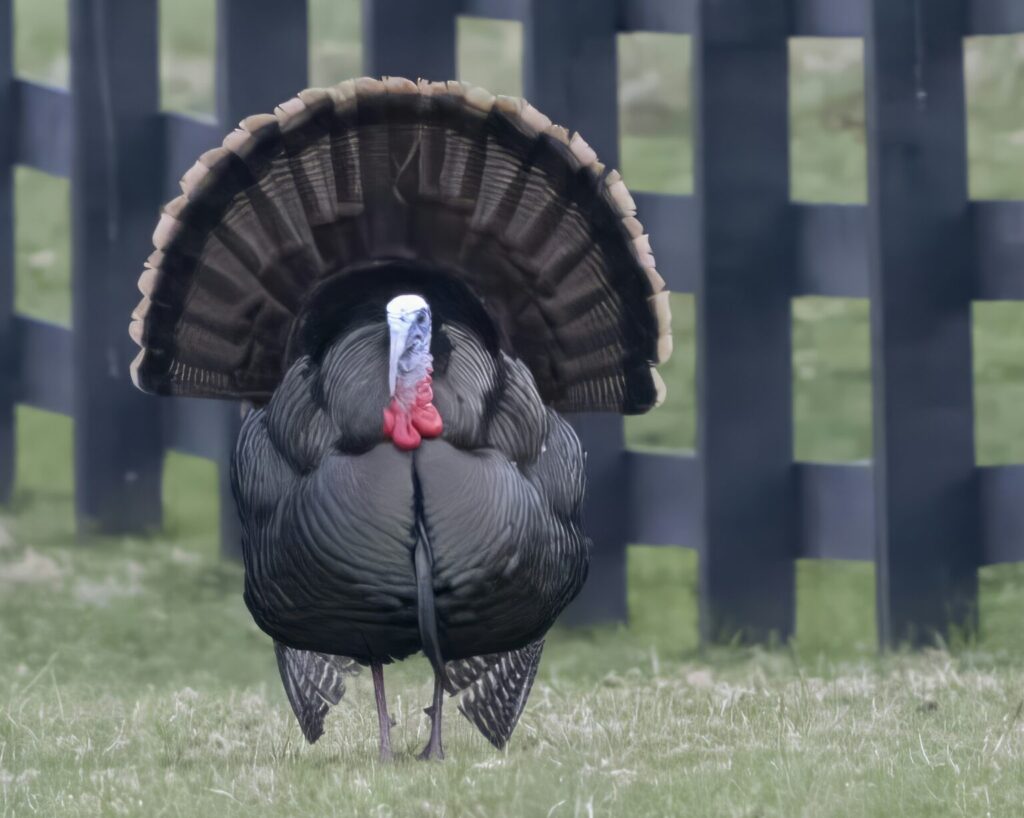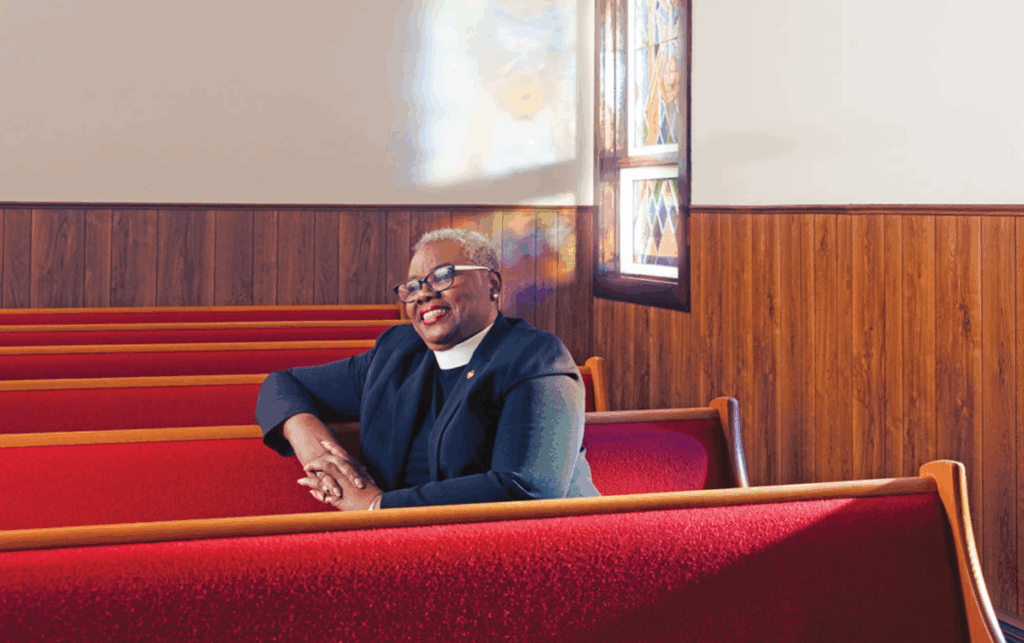Southold says yes to sprinkler, political sign laws
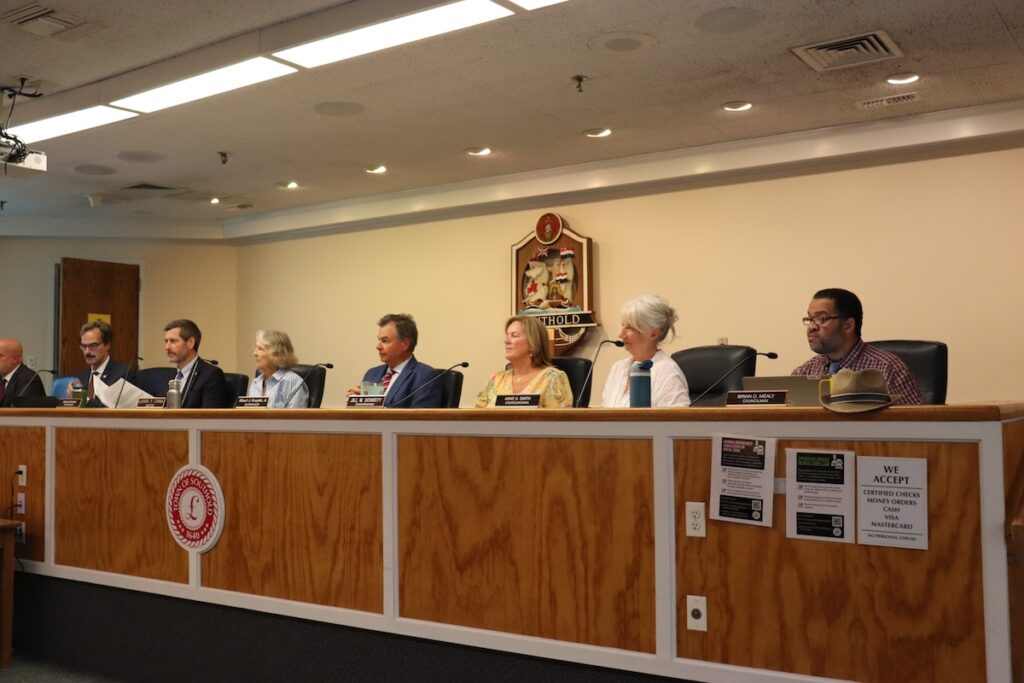
Two local laws regulating the operation of automatic sprinkler systems and the placement and size of political signs were passed by Southold Town Board on July 23.
The sprinkler law’s notable regulations state that odd-numbered addresses should irrigate on odd days and even-numbered addresses on even days; that new automatic systems must be equipped with a smart controller and at least one rain sensor to prevent irrigation during periods of rain; and that any automatic sprinkler systems installed or repaired three years after the law’s effective date must have a smart controller or at least one rain sensor.
Exceptions to the sprinkler law exist for residential food production, agricultural operations, nurseries and garden centers.
The law also states that sprinkler heads must not irrigate areas that do not require irrigation, and that the Town Board may pass a resolution preventing all property irrigation, except for those that are exempt, during periods of extreme drought.
Penalties for convictions on violations of the sprinkler law involve a maximum fine of $1,000. Those convicted of secondary violations within five years of the first could face a maximum fine of $2,500 for each subsequent violation. The building inspector, code enforcement officers and ordinance inspector are responsible for enforcement of this law.
Councilwoman Jill Doherty voted against the sprinkler law, saying she was “not satisfied” with its enforceability. She believed there were other ways the town could work to educate the public and described the law as a “waste of town resources going in this direction.”
“The good actors are going to do what they’re going to do whether they have code or not,” Ms. Doherty said. “The bad actors, they’re just going to be bad actors and I don’t see us enforcing this.”
Councilman Greg Doroski agreed there are enforcement difficulties with the law, but said it provides educational opportunities for the public.
“I think this is a classic example of we can’t let the perfect get in the way of the good — and it’s good that we are going to conserve more water,” Mr. Doroski said.
The second law passed, the political sign law, originally proposed a limited time frame for placement and mandated that security deposits for signs be paid to the town by individual candidates or political parties. Residents challenged the constitutionality of those provisions during a June 24 public hearing.
It was ultimately trimmed down to what Ms. Doherty described as a more “common sense” version that prohibits the placement of political signs on town-owned property, rights-of-way, utility poles and schools; limits sign size to a maximum of 32 square feet; prohibits electronic or flashing signs; and urges that signs be securely fastened so they are not displaced by wind or weather. Political signs must also not obstruct visibility or traffic in any way, nor create a hazard to public health, safety and welfare.
Supervisor Al Krupski noted that other towns in Suffolk County have similar laws regulating political signage placement because of the “litter aspect” of signs strewn about town after inclement weather.
“I find this is going to be easy to enforce because the people responsible for leaving the signs have their names on them,” he said.





